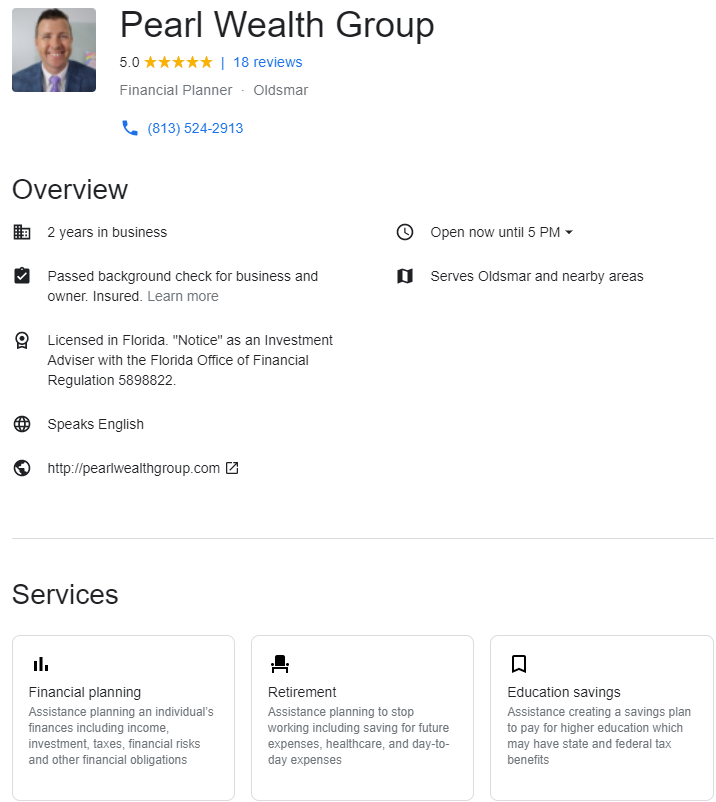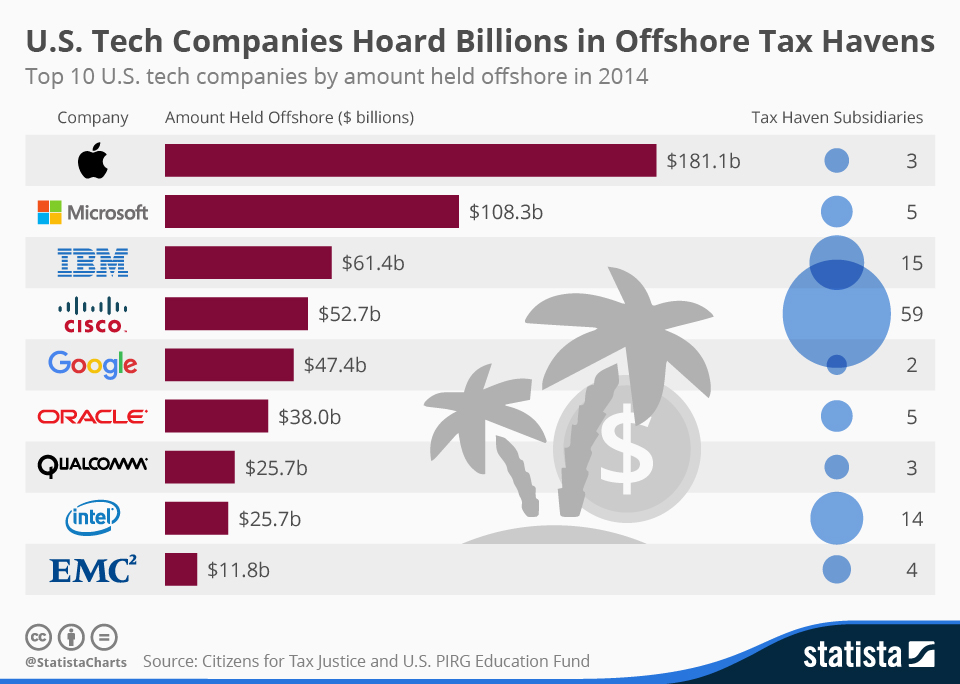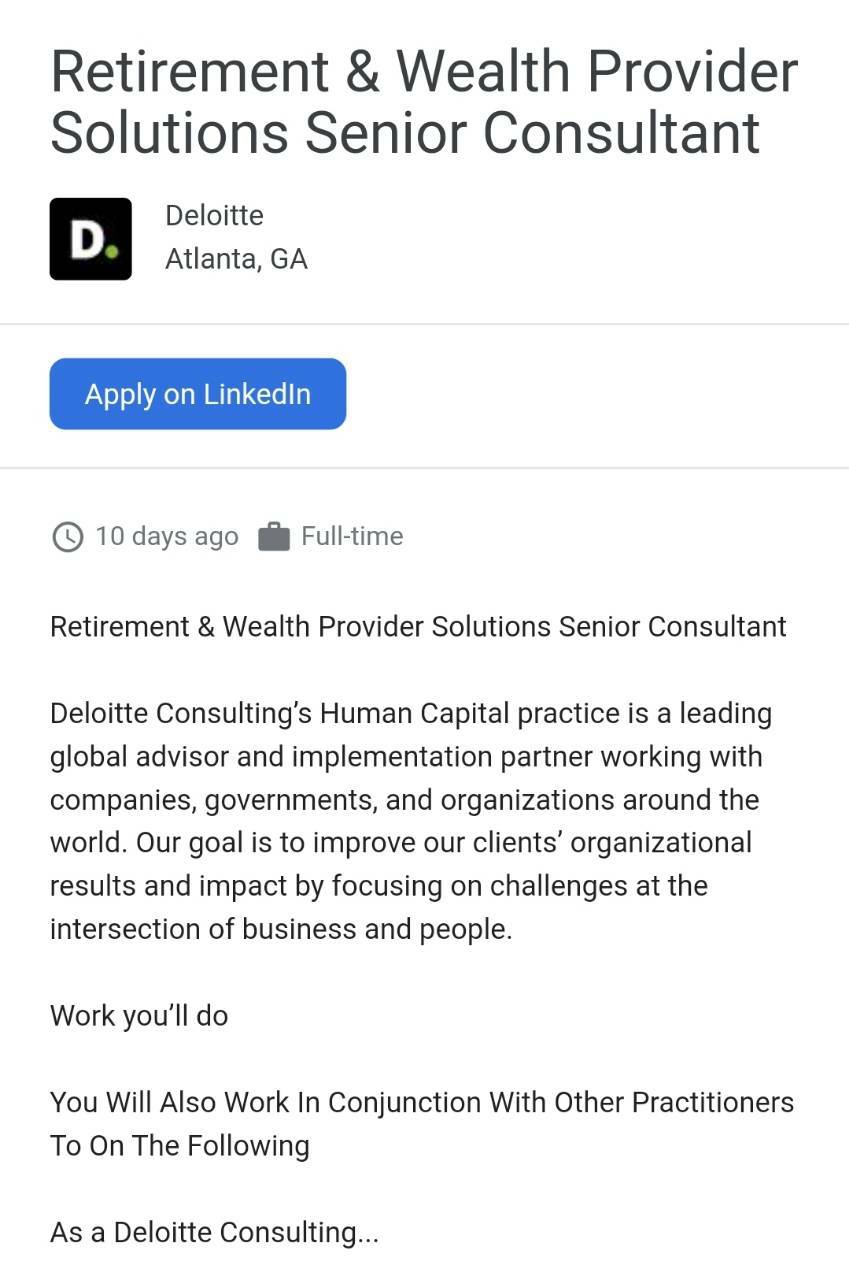
For your services, you can charge a consultation cost. You can raise your rates if you have clients. There are two ways to structure your fees. One is to charge a fixed fee and the other is to take a percentage of the revenue. However, you should avoid providing free consultations. In most cases, free consultations result in wasted time and money.
A consultation fee will be charged
Although it may seem counterintuitive, charging a consultation charge for your services actually increases your close rate by as high as 17%. This fee shows that you care about cosmetic procedures. Potential patients are more likely to invest in your work and spend more time researching your services.
Before you decide to charge a consultation for your services, consider the needs of your client. What is a reasonable price you can charge them? You will need to consider your experience. However, you can decide on a range that best reflects the services offered. Another option is to offer a credit on your first bill equaling your fee. This credit is only available to clients who retain you.
Avoid gratuitous consultations
A consultation is a great way of attracting prospects' attention to your product or service. Before signing up, however, ensure that you know how long the consultation will last and have prepared a roadmap of topics you plan to discuss. This will keep distractions to a minimum and allow you to move smoothly from one topic to the next. Next, you need to finalize the deal once you've defined the scope.

In order to be successful, your consultation should include a call, a clear step next, and regular follow up. You will have a successful consultation and not waste your time if you follow the steps. Also, make sure your consultations lead to a purchase.
A percentage of the project's revenues can be charged
Some consulting firms try to charge their clients a percentage of the project's revenue. They do this to ensure that they are being fairly compensated and clients feel comfortable with the price they're paying. Be aware of the nature of the work that you do and their needs before setting your fees.
Many consulting services involve phone calls and meetings with clients. You can also choose to charge by the hour. This can be a good option, but it can lead to a decrease in efficiency and a reduction in speed.
Permission to charge a flat fee
There are some things you need to take into consideration before charging a fee for consultations. While some clients prefer to have a fixed price for consultations, others might not know where to start. The most important thing is to make sure you're charging a fair amount. It is important to remember that each client has their own needs, processes and expectations. Therefore, you cannot assume they will all agree on the price. You should research the market and prepare a list with potential fees.
The value of your services should be reflected in the fees you charge for consulting. It is difficult for new consultants convince clients to pay higher fees. Flexible fee structures give you a competitive advantage that allows you to reach a larger market.

Performed work will result in a flat fee
Consulting fees can be charged by a flat fee that is based on the performance. Most consulting firms use this structure. This is where the consultant assesses the work to be done and hires a small staff. The cost of the work is included in the total fee. The team is encouraged to provide quality work even when their workload exceeds what is initially anticipated. This model is particularly effective when there are clear requirements, a limited time frame, and interdependencies.
This pricing structure is a great benefit because it provides fair compensation for consultants and speeds up the payment process. There are many things you should consider before you set a flat fee for consulting fees based on performance.
FAQ
Are you a consultant?
Consulting is not just an entry-level career choice for people who want to make money fast - it's also a great way to learn valuable skills and build a solid foundation that you can use throughout your work.
There are many options for consulting. These include project management, business strategy, strategy, leadership, and training. You could find yourself working with small start-ups and large international corporations.
Consulting offers you the chance to improve and sharpen your skills as well as gain valuable experience across a range industries. This could involve learning to manage and negotiate teams, write proposals or manage budgets.
How can I select a consultant?
Three main factors should be considered:
-
Experience - How skilled is the consultant? Is she an expert, beginner, intermediate or advanced consultant? Does her resume demonstrate that she has the required skills and knowledge
-
Education - What did he/she learn in school? Did he/she study any relevant courses after graduating from high school? Can we see evidence of that learning in the way s/he writes?
-
Personality - How do we feel about this person? Would we hire him/her to be our employee?
-
These questions are used to determine if the candidate is right for us. If there are no clear answers, then it might be worth an initial interview to learn more about the candidate.
What qualifications do you need to become a consultant in order to get your degree?
You can become an expert in any subject by learning the subject thoroughly, then applying what you have learned.
Learn how to be a great consultant by studying now!
It may be difficult to get hired if your degree is not accompanied by relevant work experience. If you can show that your education is comparable to the job applicants, you may still be eligible for employment.
Employers will always be attracted to candidates who are able to apply their real-world skills.
How do I become a successful consultant?
The first step is to find an area you are passionate about. You must then build relationships. You need to know what clients want and how they operate. Finally, you have to deliver results for your clients.
While you don't need to be the best at all things, it is important to be better than others. It is important to be passionate about what you do. It is not enough to simply say, "I want to become a consultant." It's important to believe in your abilities and do what you love.
What qualifications does a consultant need?
It doesn't suffice to hold an MBA. You also need to be able and willing to work as a business advisor. At least two years experience in training and/or consulting for major companies is required.
It is essential that you have experience working closely with senior management on strategic development projects. This would require you to be comfortable with presenting ideas and getting buy in from clients.
A professional qualification exam like the Certified Management Consultant (CMC), Chartered Management Institute, is required.
Statistics
- 67% of consultants start their consulting businesses after quitting their jobs, while 33% start while they're still at their jobs. (consultingsuccess.com)
- According to IBISWorld, revenues in the consulting industry will exceed $261 billion in 2020. (nerdwallet.com)
- So, if you help your clients increase their sales by 33%, then use a word like “revolution” instead of “increase.” (consultingsuccess.com)
- WHY choose me: Why your ideal client should choose you (ex: 10 years of experience and 6-week program has helped over 20 clients boost their sales by an average of 33% in 6 months). (consultingsuccess.com)
- Over 62% of consultants were dissatisfied with their former jobs before starting their consulting business. (consultingsuccess.com)
External Links
How To
How to find the best consultant
First, ask yourself what kind of consultant you are looking for. You should know exactly what your expectations are before you start searching for someone. Before you start looking for a consultant, make a list. This might include skills such as project management, professional expertise, communication, availability, and technical skills. Once you have identified your requirements, you might consider asking friends and colleagues to recommend you. Ask them what their experience with consultants was like and how they compare to yours. You can also do some online research if you don't know of any. There are many websites, such as LinkedIn, Facebook, Angie's List, Indeed, etc., where people post reviews of their previous work experiences. Take a look at comments and ratings from others, and use that data to find potential candidates. Finally, once you've got a shortlist of potential candidates, make sure to contact them directly and arrange an interview. Talking through your requirements during the interview is a good idea. Ask them questions about how they can assist you in achieving those goals. It doesn't matter whether they were recommended to you or not; just ensure that they understand your business objectives and can demonstrate how they can help you reach those goals.